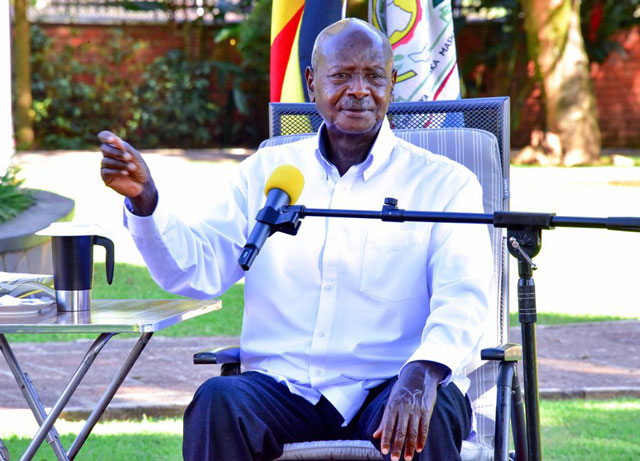
The recent appointment of over 300 assistant Resident District Commissioners (RDCs) is stirring controversy as it is expected to increase the country's annual wage bill by Shs3 billion. This decision has drawn criticism from legislators who view it as counterproductive to ongoing efforts to reduce public expenditure.
Leader of Opposition in Parliament, the Rt. Hon. Joel Ssenyonyi, condemned the move, stating that it contradicts efforts to reduce public spending and leads to role duplication within the government. He questioned the necessity of appointing assistant RDCs, asking, "What role are assistant RDCs going to play that RDCs and deputy RDCs cannot play?"
The salary structure for political leaders, issued by the Ministry of Public Service for the Financial Year 2023/2024, indicates that each assistant RDC will earn Shs817,216 monthly, totaling Shs9.8 million annually. This translates to a yearly expenditure of Shs2.9 billion for all newly appointed assistant RDCs.
With 147 RDCs earning a total of Shs3.9 billion annually and 163 deputy RDCs earning Shs2.4 billion annually, the total wage bill for RDCs amounts to Shs9.2 billion.
Minister for Kampala Metropolitan Affairs, Hon. Minsa Kabanda, defended the appointments, stating that the funds for the recruitment were appropriated in the current budget. According to Kabanda, the new assistant RDCs are expected to promote patriotism, carry out mobilization, and fight corruption.
However, concerns were raised by some legislators during a recent parliamentary session regarding the eligibility of some appointees. Kazo County MP Hon. Dan Kimosho highlighted the absence of specific qualifications for an RDC, leaving the position open to anyone.
Buyaga West MP Barnabas Tinkasiimire drew attention to a specific appointee whose conduct came into question.
He stated, "There is one that has come into the public domain where one of the Assistant RDCs... is seen showing his butt to the public, and you want us to wait for qualifications for that? Is the President demeaning this country? That name must be withdrawn."
Responding to these concerns, Speaker of Parliament, Anita Among, tasked the Ministry for the Presidency to provide Parliament with a list of all RDCs, their deputies, and assistants for scrutiny.
The Constitution stipulates that to be appointed as an RDC, one should be qualified to be a Member of Parliament, which requires a minimum academic qualification of completing Senior Six. RDCs are tasked with representing the President in a district, monitoring the implementation of government programs, and chairing the security committee.

















